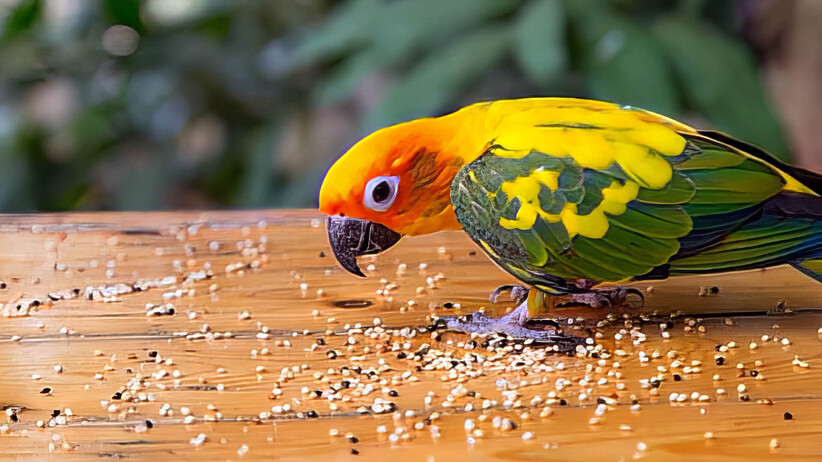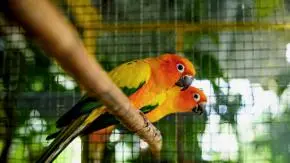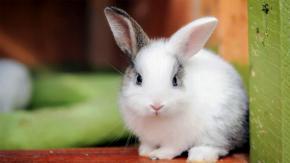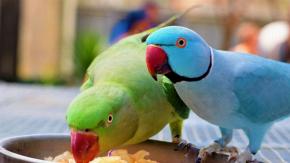If you have gotten a new pet bird and are looking to purchase only seeds to feed it, stop right now!
While we know seeds are cheap, they will not be sufficient for birds. Seeds are similar to junk food for them and do not help meet nutritional requirements. So, you will have to feed them a pelleted diet and seeds to ensure they stay happy and healthy.
Your bird needs a reliable feeding solution, and we’re here to tell you what that is.
Shifting To Pellet Diets
Each bird will have different needs, so you must feed them accordingly. We have a guide in place that should help you figure out the right pelleted food for different breeds of birds.
1. Seed Eaters
If you have a Cockatoo, Glah or a cockatiel, a seed mix will be one of their top nutritional requirements. However, as we already told you, seeds do not contain all nutrients, and you will need to feed something more. In this case, you can start by dividing the bird’s food in a 40-60 ratio with 40% seed mixes and 60% pelleted diet, vegetables and fruits.
2. Nut Eaters
A Macaw or a similar bird will prefer nuts, so you can give them unflavored nuts for meals. But nuts will not suffice; you must provide them with a pelleted diet.
3. Lorikeets
Known to be nectar feeders who live in the wild, Lorikeets can be given pears, apples, grapes, strawberries, melons, cherries and peaches.
4. Fruit Eaters
Indian Ringnecks, Conures, and Eclectus Parrots will need fruit supplements and formulated pellets to survive.
It is always essential to feed these birds with a variety of food along with fresh water. Provide them with their feed in a clean utensil or bird feeder, which does not lead to spillage.
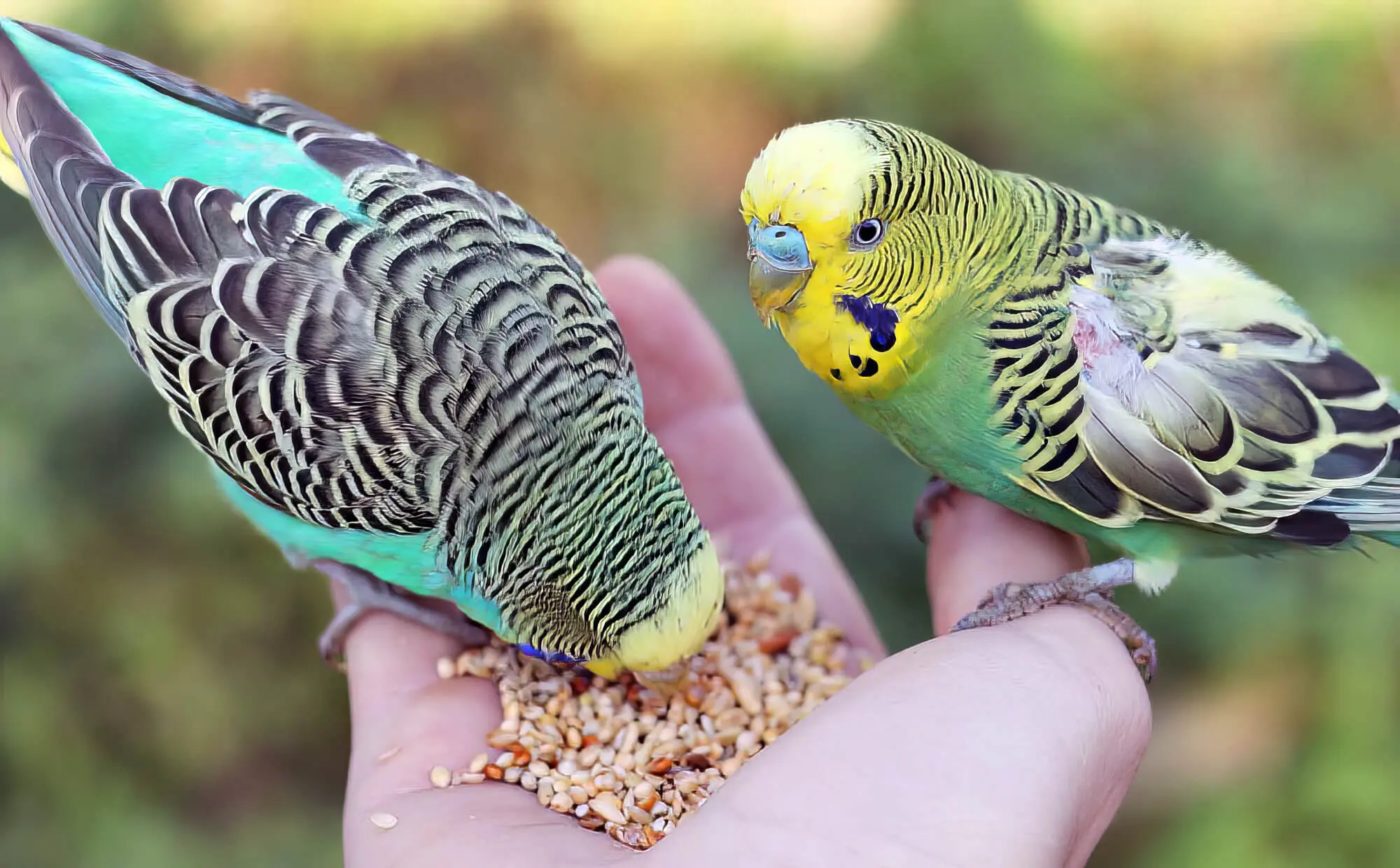
Tips To Remember
You will want the best for your birds, and these tips will help.
1. Quality
Always ensure that you are purchasing good quality bird seeds of various sizes. The seeds need to be mixed well to provide all the varieties get eaten by the bird.
Cut some fruits like apples, peaches, blueberries, pears, grapes, strawberries, and frozen peas into small pieces as needed. This is especially true for young birds who may not be able to eat large amounts.
We will recommend observing the birds during the initial days. If they cannot feed properly, you can change the fruits or cut them into even smaller pieces.
Also, do not feed cheap seeds just to save money. They have zero nutrients and will not be good for them. Also, avoid black sunflower seeds and bread as they are not safe for birds.
2. Amount
Talk to a bird expert to know how much food to give your birds. You can fill their bowls whenever empty but not with an extravagant amount.

3. Cleaning
Remember to clean the bird cage daily, so the food is not contaminated. To do this, use a brush to clean all the droppings or any old food that has not been eaten. Then sterilise the feeder with a cloth. You can use vinegar for this step, and the feeder can be kept in the sun.
Also, opt for thorough cleaning once in a while. At this time, clean the feeder with hot water, soap and a brush. Then bleach it by using nine parts bleach with one part water. Dry well in the sun before using it for your birds.
4. Homemade Food
There can be times when you have run out of food and are looking for homemade solutions. The good news is that you can feed the birds cooked rice or pasta as they are good sources of carbohydrates. However, ensure they are not coated in sauce or cheese, as that can harm the birds. Just boil the carbs and then give them to the birds.
Also, avoid salt, fat, onion, garlic, avocado, caffeine, and chocolate, as they can be toxic for your pet friends.
Keep Your Pet Bird Healthy and Happy
Be careful while introducing new food to your birds as it might take some to get accustomed to it. Begin with a small amount of pelleted diet food, vegetables, required fruits, and seeds. Then increase the quantity over time once they get accustomed to the different tastes.
Also, to make mealtimes more interesting, you can purchase feeders, bird toys, and bowls that your pet bird will love. Check out our store for a wide range of bird supplies for your pet! They will be happier eating out of such feeders.
If you are still deciding on a new pet, don’t miss our Guinea Pigs VS Rabbits blog!

